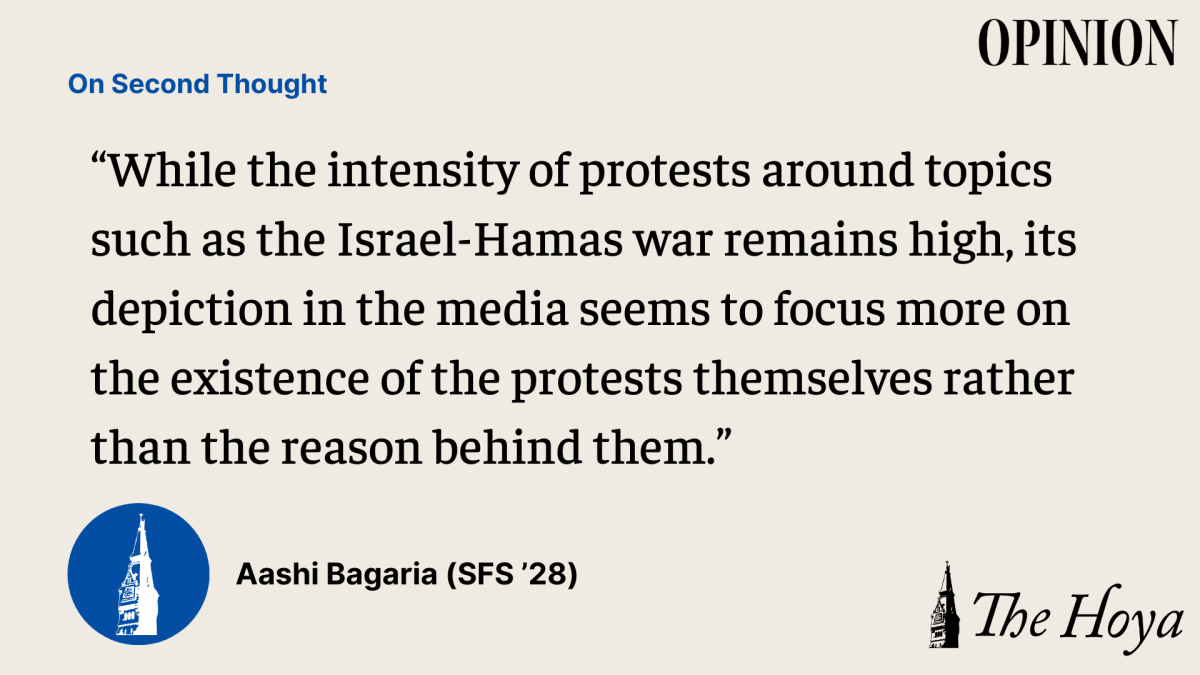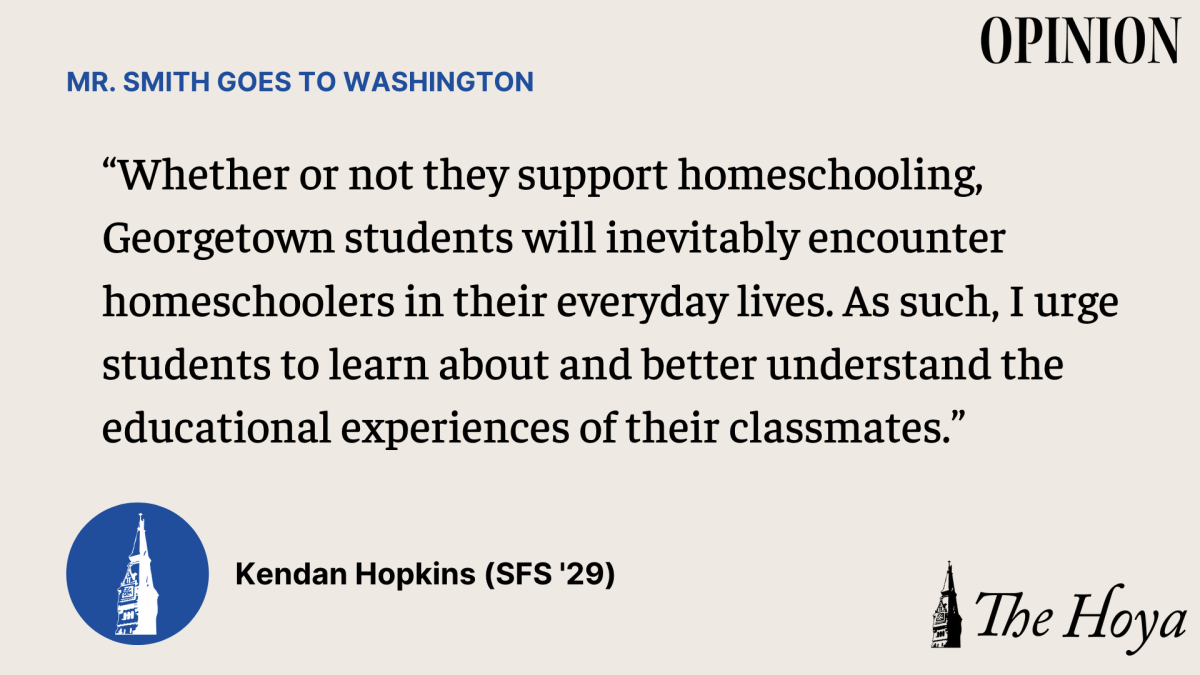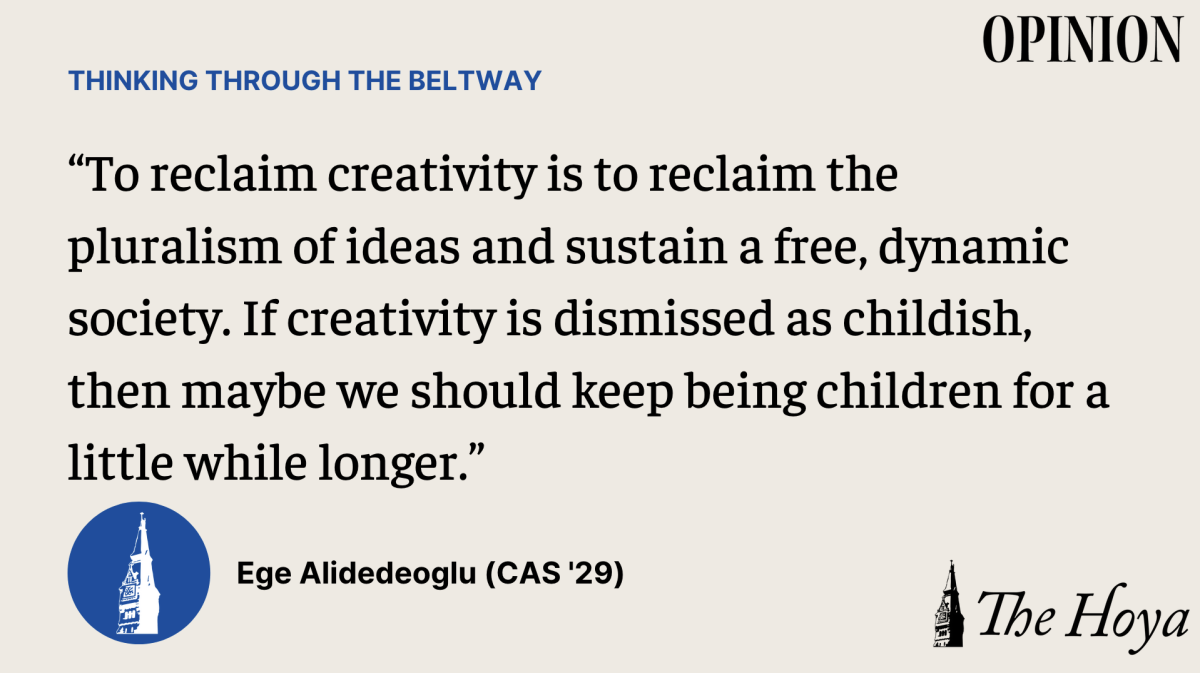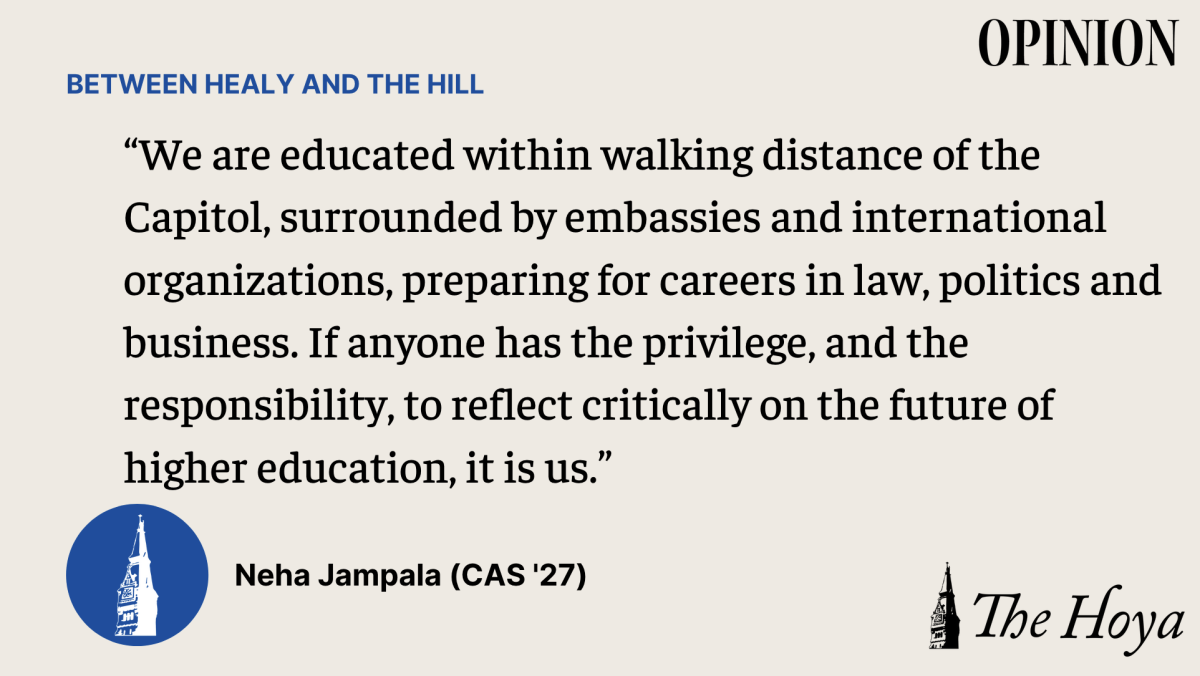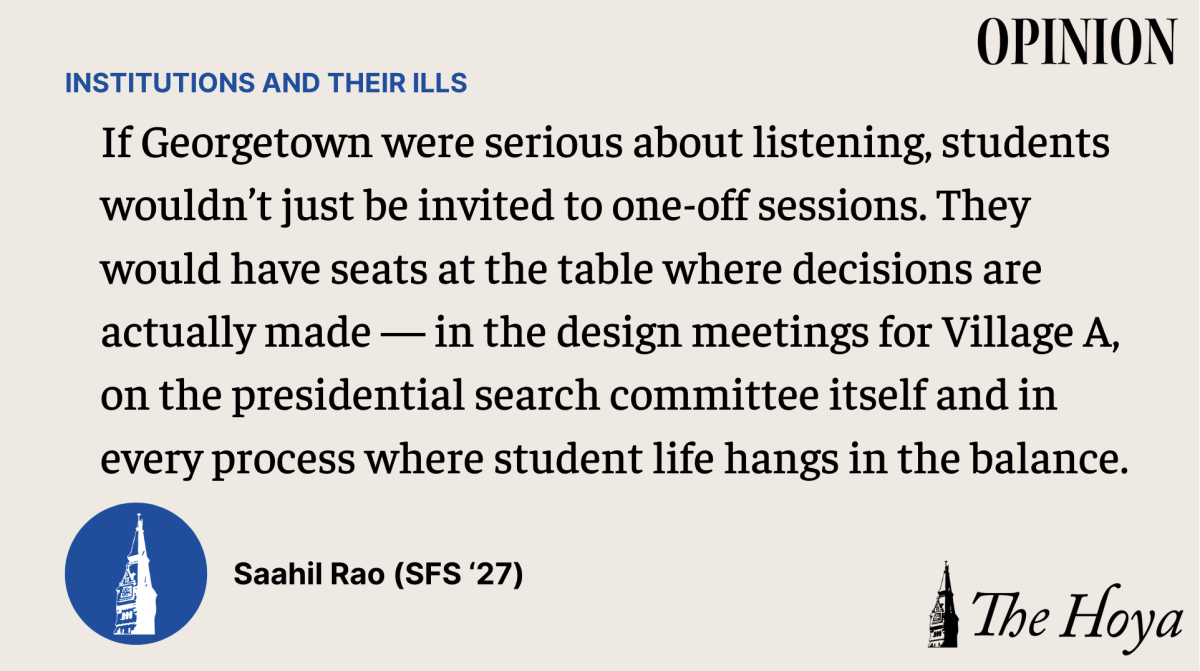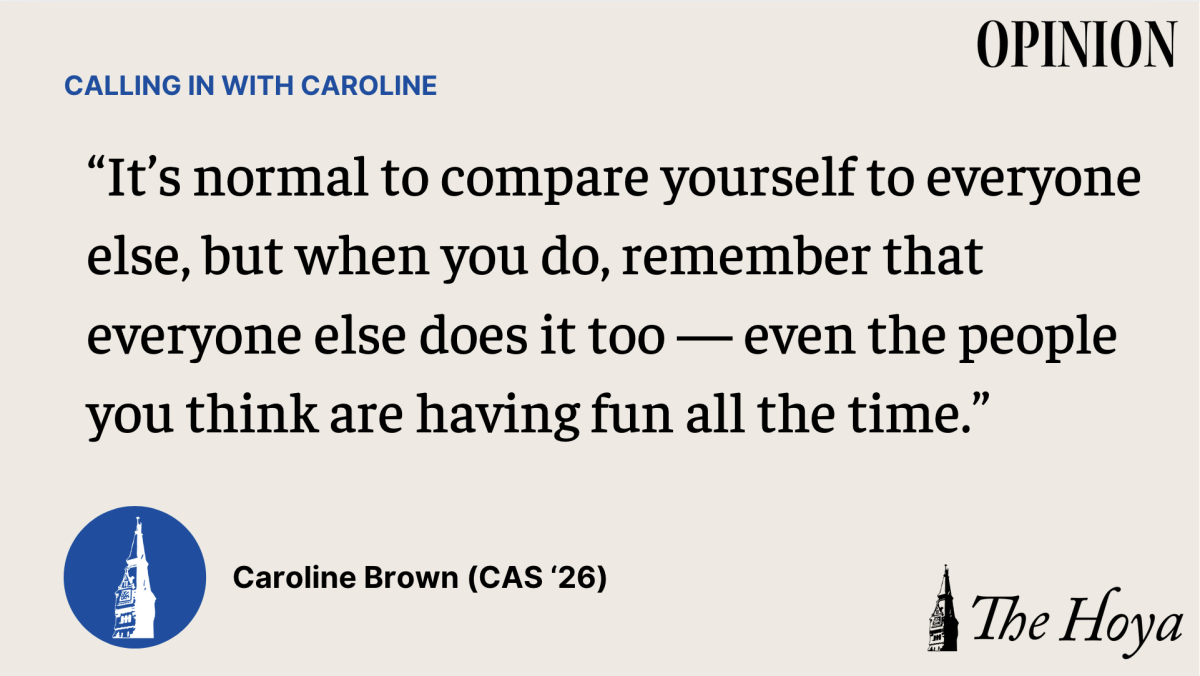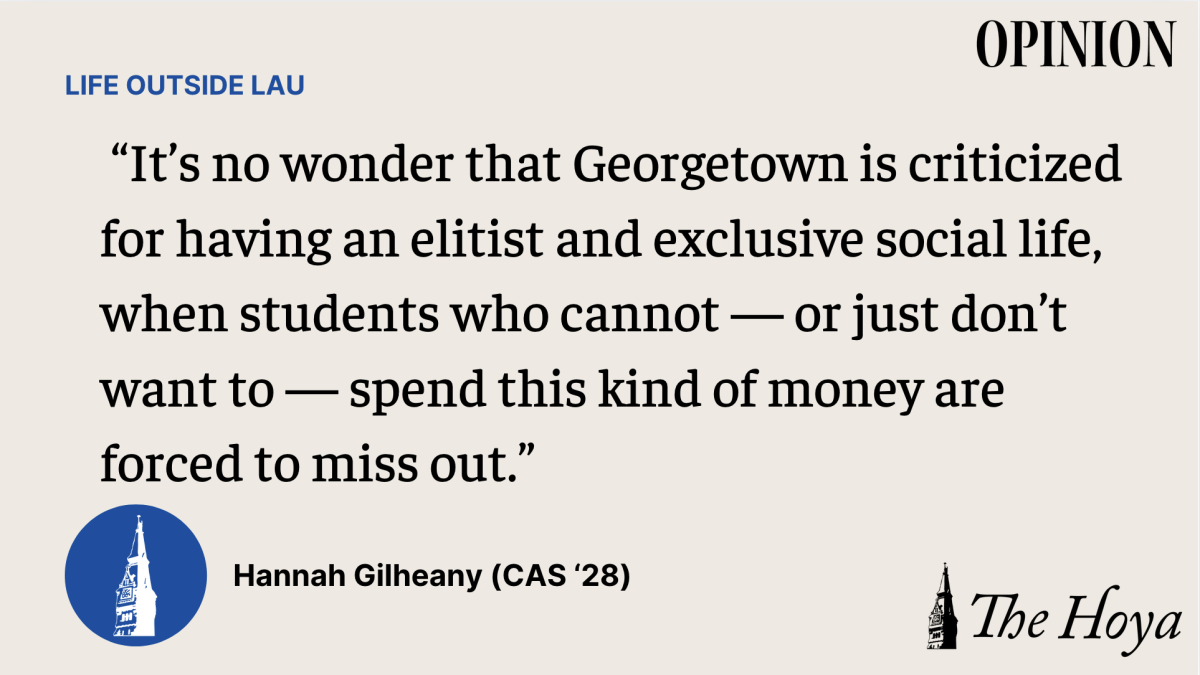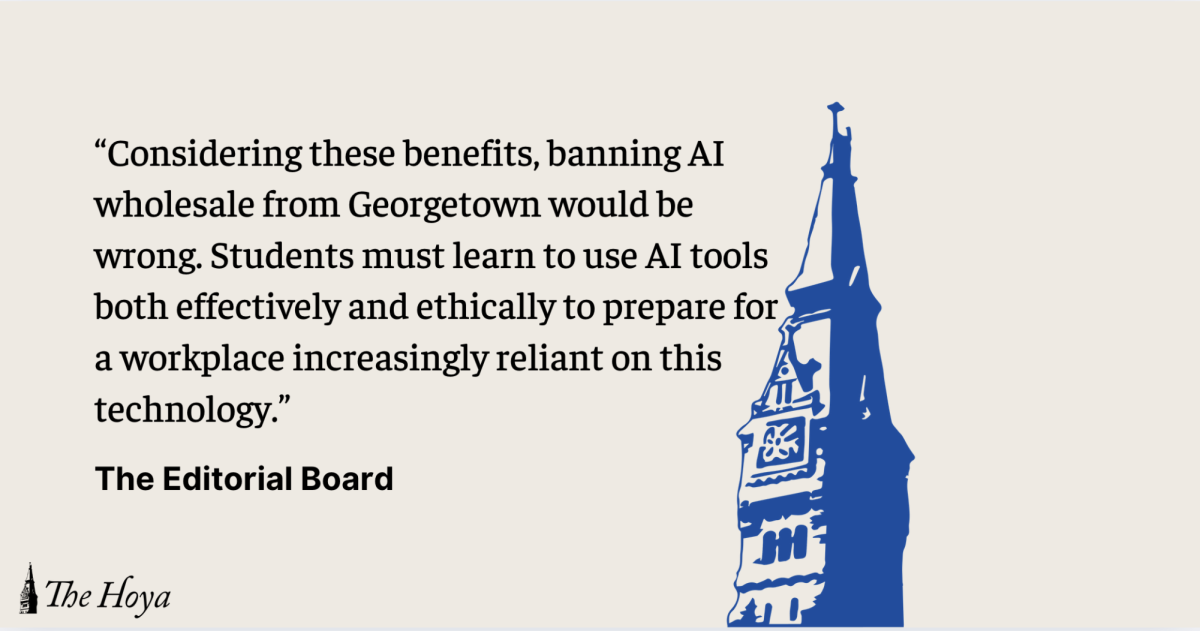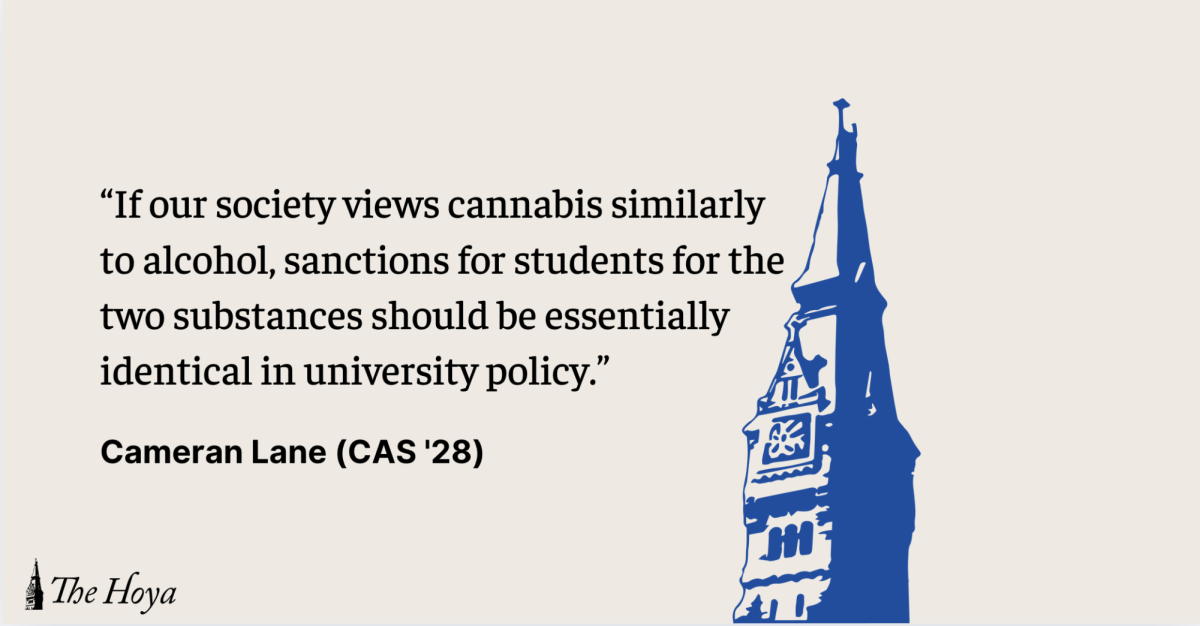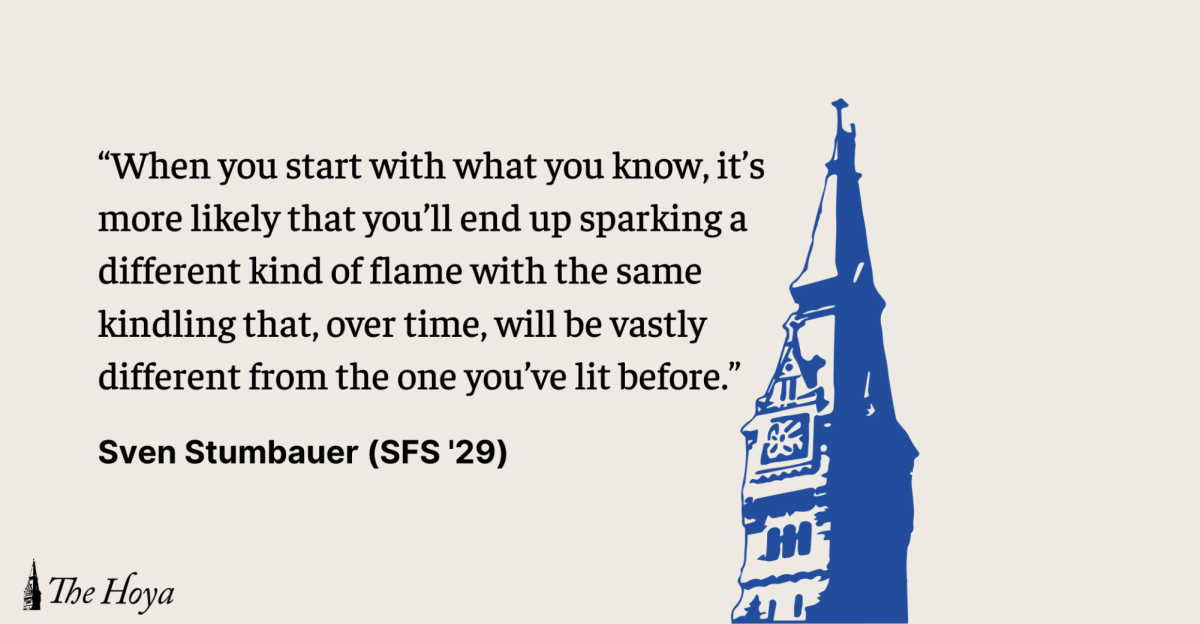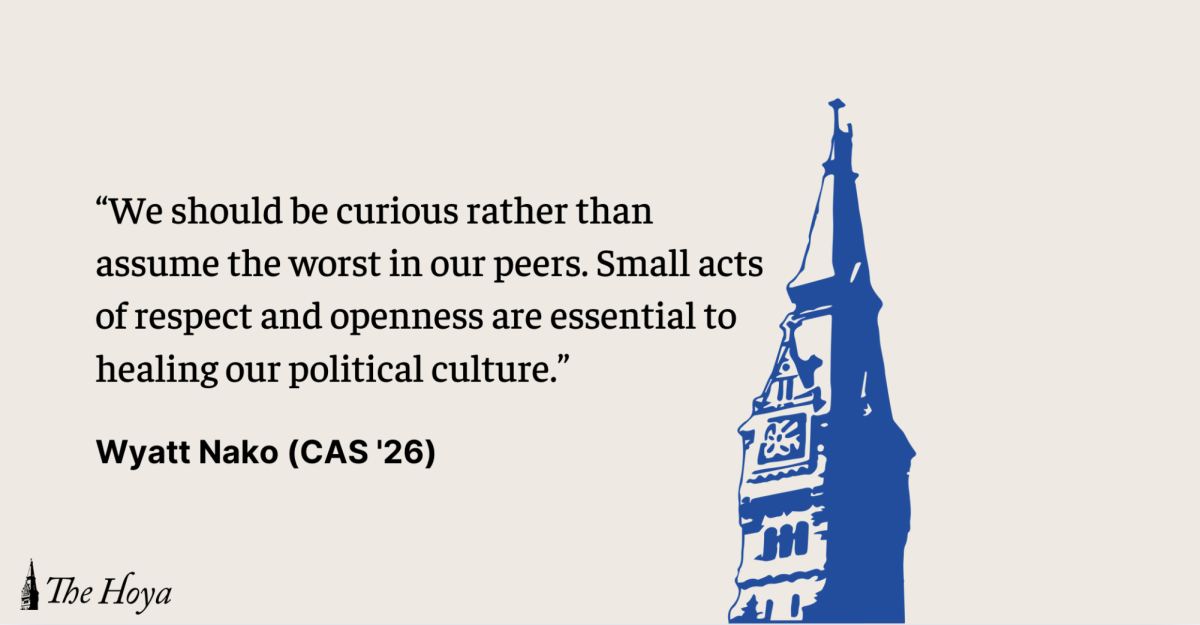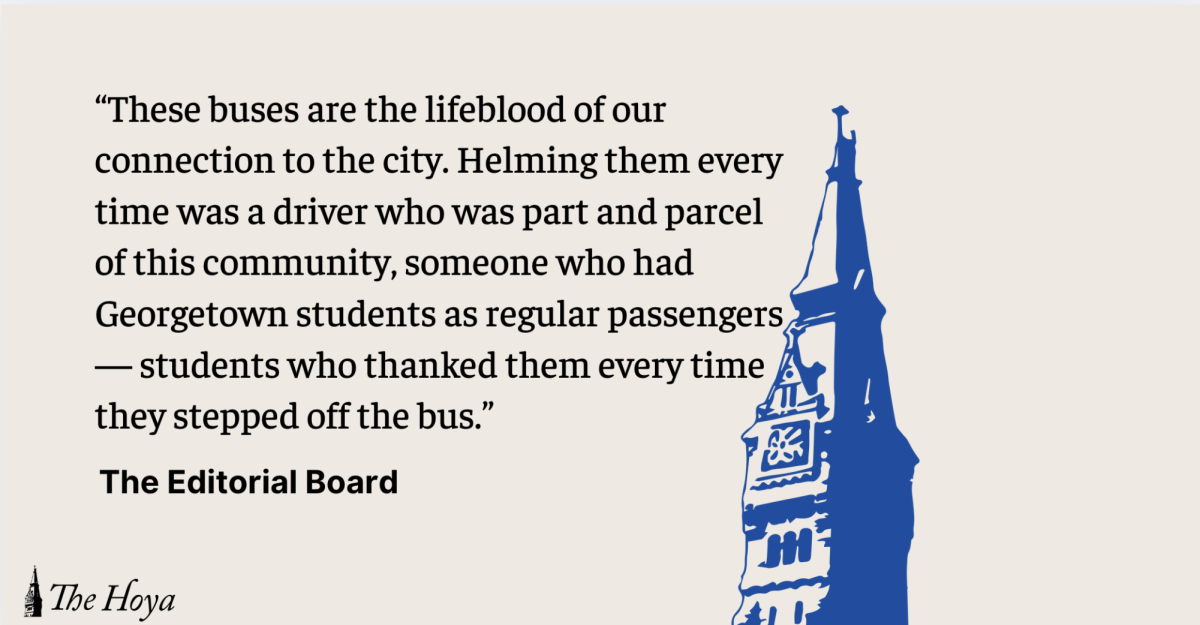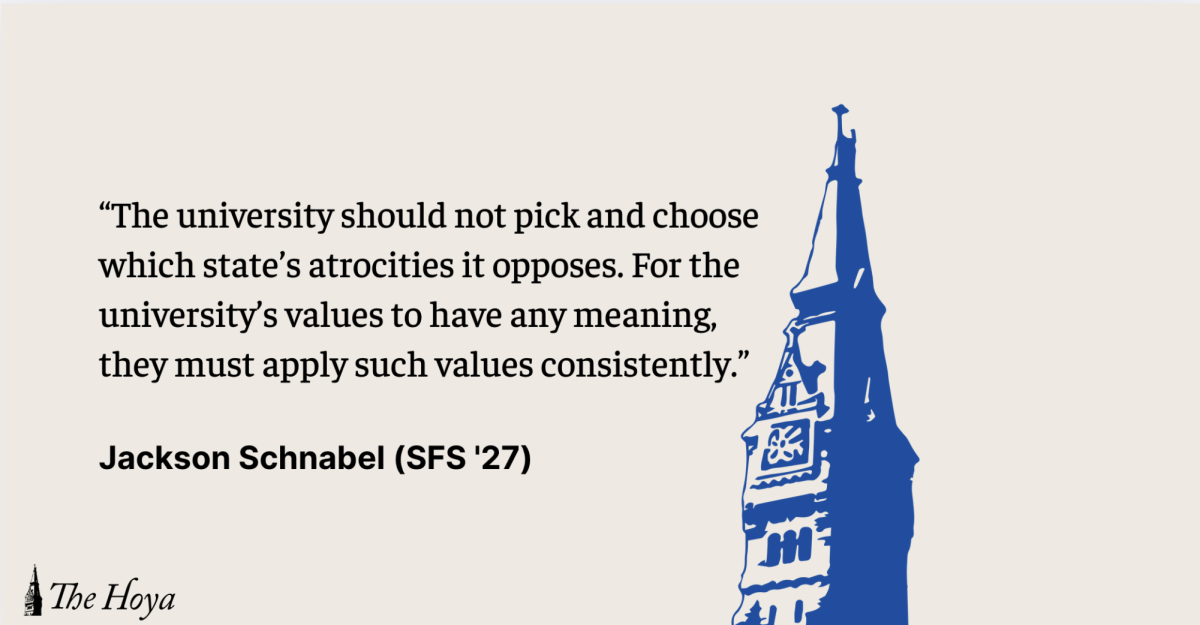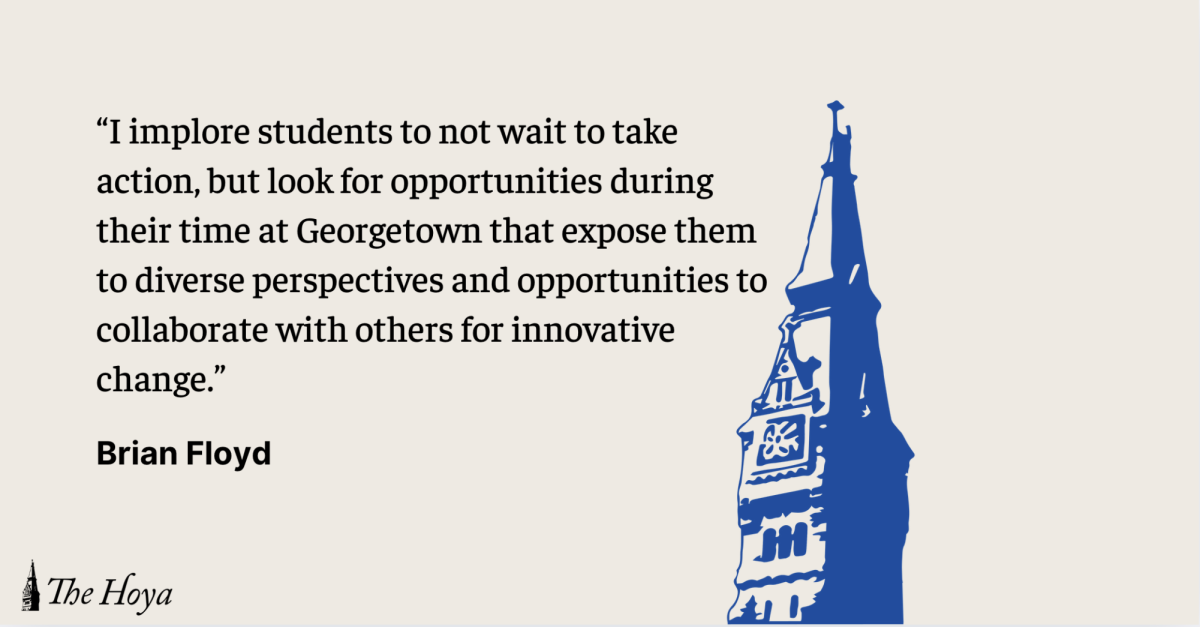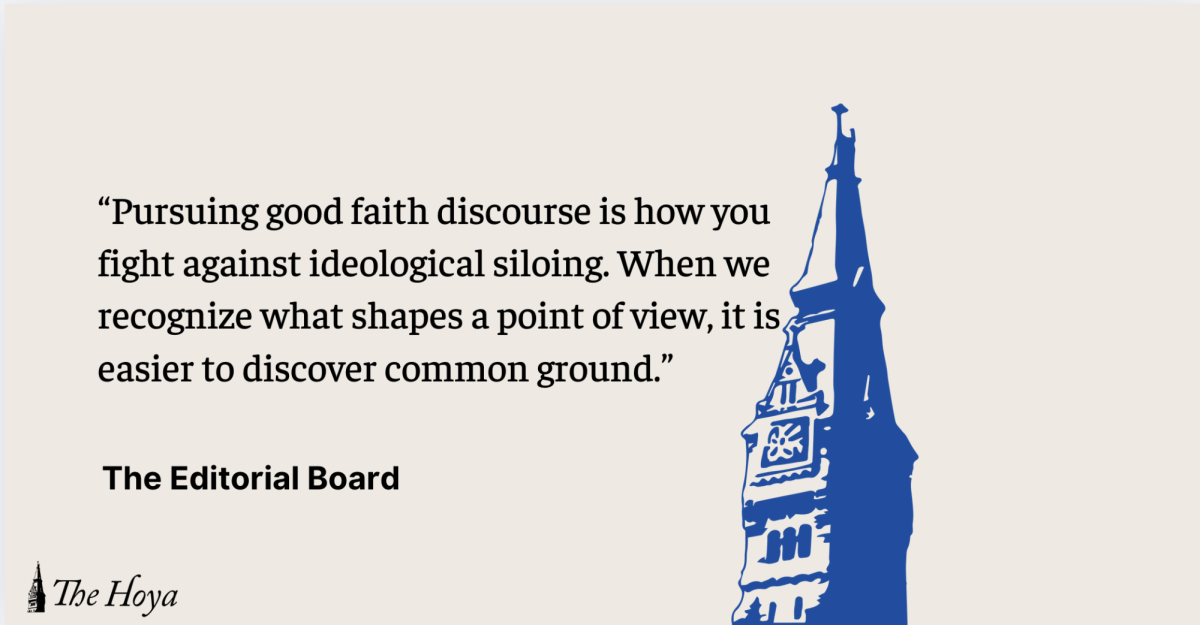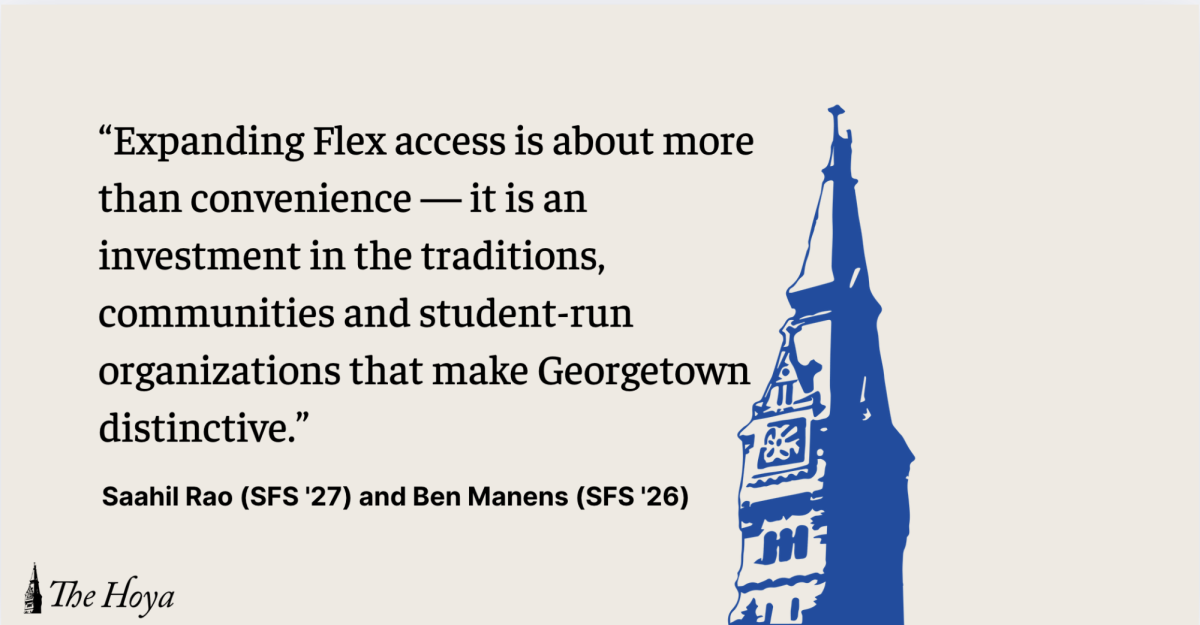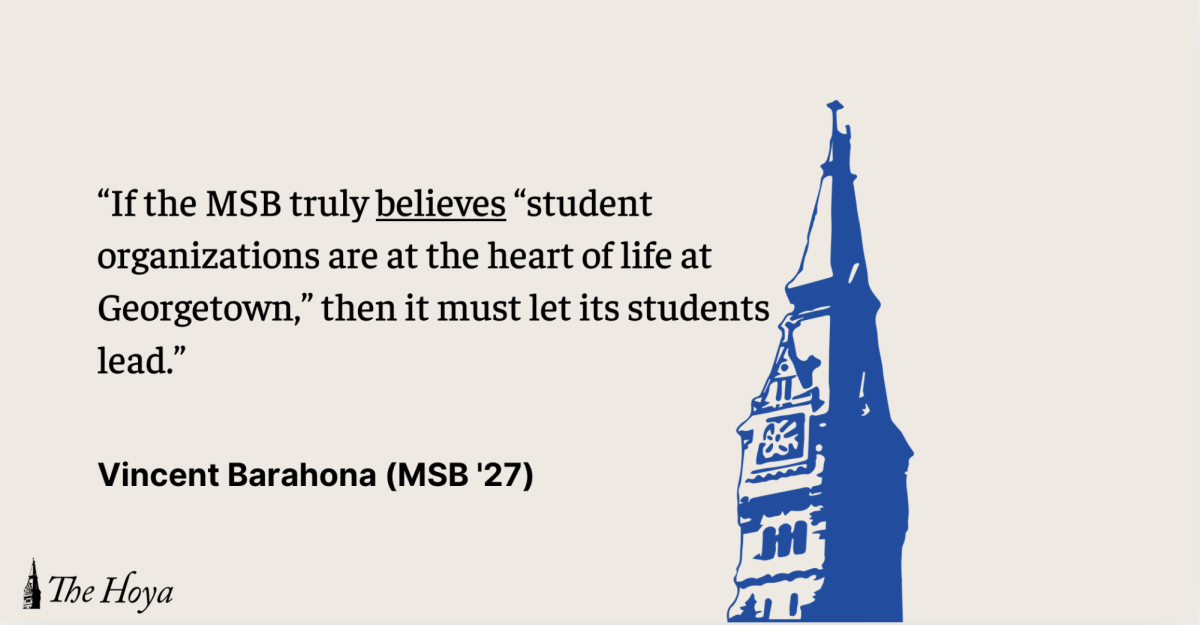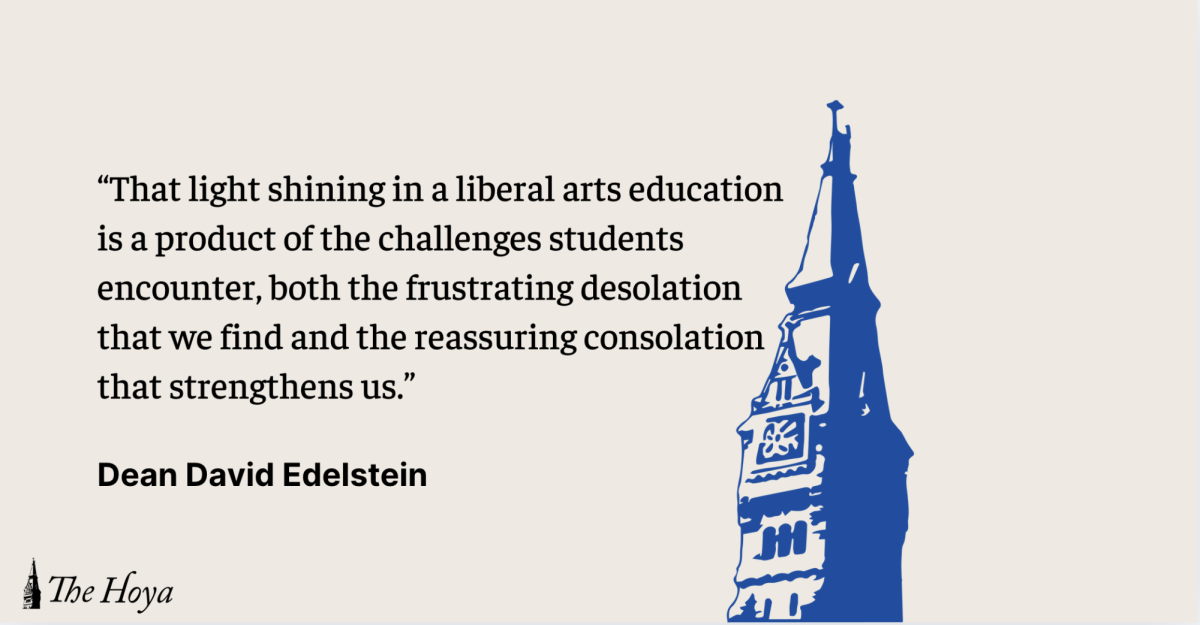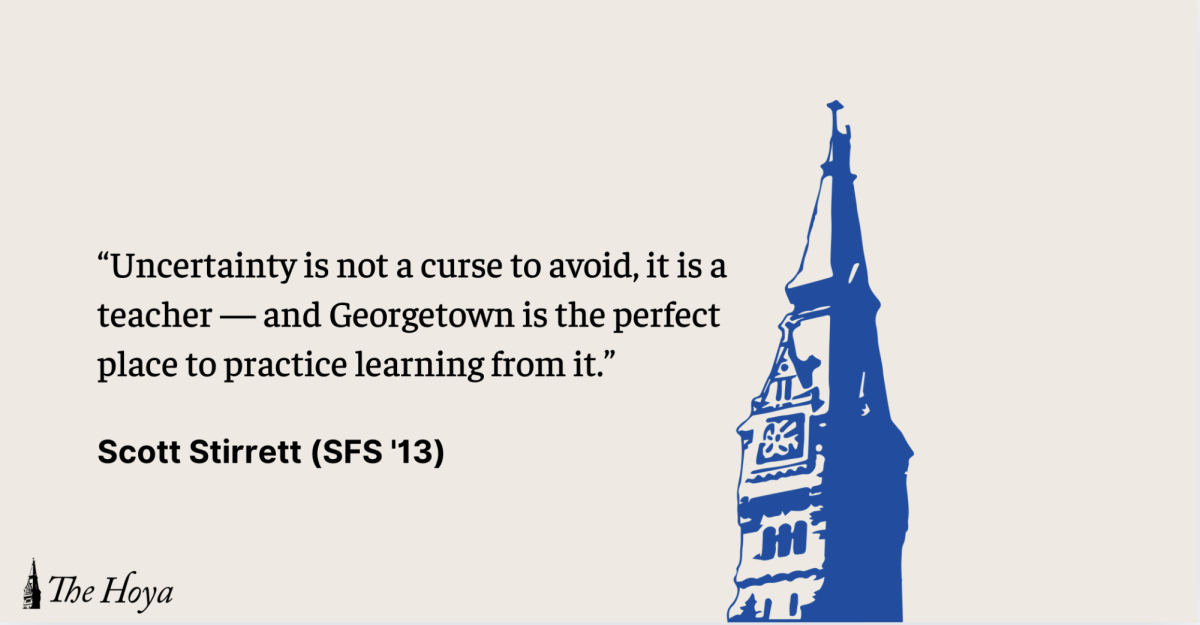Each day, as I walk through Red Square, I am confronted with posters advertising yet another protest I have heard nothing about. The walls, already thickly saturated with posters advertising clubs or events, are further layered with protest bulletins about causes that make Georgetown University students rightfully angry.
While student-led protests have historically been representative of broader trends in the United States’ social and political culture, the recent surge has seemingly oversaturated this medium of activism to the point of ineffectiveness, raising the question of whether student activism is really being performed responsibly.
Georgetown’s history of activism began a new phase in the 1960s as students took part in the Civil Rights Movement through nonviolent direct action. This culture of protest and activism prevails as students have continued to stand up for issues such as police reform, along with issues closer to home such as working conditions in Leo J. O’Donovan Dining Hall.
Recently, the visibility of campus protests has increased significantly due to pro-Palestinian protests across U.S. universities being featured in mainstream media over the last year. Georgetown has had its fair share of protests on the Israel-Hamas war, both last year and this fall.
At face value, a modern campus protest can seem like a shout into the void. There is a frustrating futility in organizing ourselves to peacefully stand up for a cause that we feel passionately about only for it to lead to no tangible change. You gather yourselves, speak your part and then walk straight to class, actively participating in a system that you fundamentally disagree with to some degree.
Regardless, my classes describe the rich history of collegiate activism as an ever-present method of social change. The power of nonviolent direct action by college students has historically created systemic change in the way students and staff are treated on campuses and beyond. For example, Nashville, Tenn., lunch counter sit-ins organized by John Lewis while he was a student helped turn public opinion against segregation in such establishments. Their protest made a difference and served as a powerful voice against segregationists.
Today, however, sensationalism has inherently changed the nature of protest. While the intensity of protests around topics such as the Israel-Hamas war remains high, its depiction in the media seems to focus more on the existence of the protests themselves rather than the reason behind them. It is the very nature of society and universities today that has made protest so accessible.
My concern is that simply organizing protests gives students a false sense of satisfaction. Protests history remembers, like those Lewis led, have been pushed back and attacked despite their nonviolent means. Modern-day protests to me have a tendency to feel disingenuous to some degree, especially due to them being school-sanctioned rather than a revolutionary act.
This challenge introduces a new danger: authorities become accustomed to ignoring student voices. That being said, one cannot make this broad generalization for all student activism efforts: in April, for example, Georgetown’s resident assistants organized and achieved union representation. Protests that are more localized are impossible to ignore and can be very successful — but protests advocating for broader causes may be unable to cover much ground.
Since sensationalism has increased attention, certain irresponsible, violent protests have begun to repress the voices of many more that are peaceful and well-thought-out. The truth behind protests gets very easily lost. However, this does not mean we need to stop protesting entirely. Protesting responsibly by doing due diligence in research and through nonviolent participation can go a long way. Partake in causes you are truly passionate about so that issues are not saturated by unaware voices.
The freedom to express, no matter how normalized it may have become in our immediate surroundings on campus, is a symbol of hope that not many receive. On my next walk through Red Square, I will remember that the freedom to protest is not to be taken for granted and the plight of those who fought for our freedom of expression. Georgetown students should honor our history of student-led protests by using our voices wisely.
To those at Georgetown: The next time you join a protest, be responsible and make it count.
Aashi Bagaria is a first-year in the School of Foreign Service. This is the first installment of her column “On Second Thought.”


